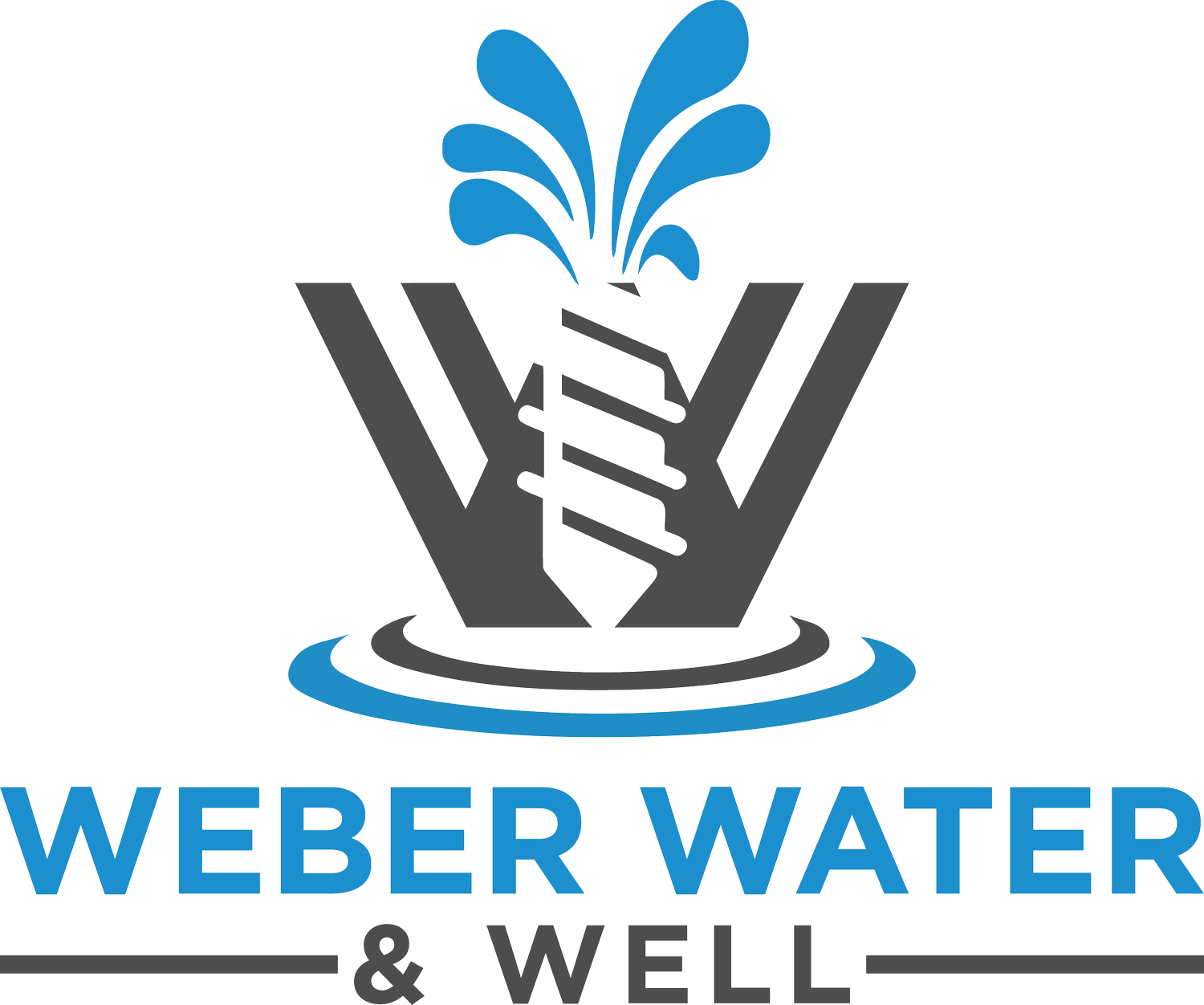How Does Borehole Drilling Benefit My Water Supply System?
Borehole drilling is becoming an increasingly popular way to secure a reliable water supply. But how exactly does it benefit your water system? In this article, we'll break down the advantages of borehole drilling and how it can enhance your water supply. Let's dive in!
Understanding Borehole Drilling
Borehole drilling involves creating a deep hole in the ground to access water from aquifers. This section will explain what boreholes are and how they are created.
At its core, borehole drilling is about connecting with nature's hidden water sources. It begins with careful site selection and the use of specialized equipment to reach deep underground. The drilling process may vary depending on geology and desired depth, which can often be impressive.
Once a borehole is drilled, it requires a casing to ensure stability and prevent contamination. This casing also helps in maintaining water quality. Understanding these steps is essential for anyone considering borehole drilling as a viable option for their water supply.
Ultimately, knowing the technical process behind borehole drilling demystifies it and highlights its potential. The careful planning and execution involved provide reassurance that you're making a sound choice for your water needs.
Increased Water Supply Reliability
One of the main benefits of borehole drilling is the reliable access to water. Unlike surface water, boreholes tap into underground reservoirs, making your supply less susceptible to seasonal changes.
When droughts hit or rainfall is scarce, households relying on surface water may face restrictions. In contrast, your borehole can maintain its output, providing you peace of mind and consistency. This aspect is incredibly important for agricultural needs, where water is crucial for crop growth.
Additionally, using borehole water means you won’t have to deal with the competition for surface water that often arises during dry spells. This independence enhances your water security and allows you to manage your supply according to your specific needs.
It's vital for any homeowner or business to recognize the superior reliability that borehole drilling offers. When water supply insecurity becomes routine for many, investing in a borehole can set you apart and keep your operations flowing smoothly.
Cost-Effectiveness Over Time
While the initial investment in borehole drilling may seem high, it often pays off in the long run. This section will discuss how reduced water bills and maintenance costs can lead to significant savings.
A common misconception is that borehole drilling is only for larger corporations or farms. In reality, many households find that, over time, the cost savings from no longer paying for municipal water lead to a significant return on investment. Think of it as an upfront investment towards long-term sustainability.
Moreover, the reduced cost of maintenance is another aspect that shouldn't be overlooked. Boreholes, with proper upkeep, can serve you for decades. This durability means fewer repairs and replacements compared to traditional water supply systems.
By factoring in how borehole drilling can shield you from rising water costs and the fluctuation that often accompanies municipal water rates, it becomes evident that this option can lead to significant savings. It’s a financial lift worth considering!
Environmental Benefits
Borehole drilling can also contribute to better environmental practices. This part will explain how it minimizes the impact on local ecosystems compared to traditional water sourcing methods while promoting sustainable usage.
One impressive advantage of boreholes is that they reduce dependency on surface water, which is vital during periods of drought. By accessing underground aquifers, boreholes mitigate water runoff and decrease the strain on local rivers and lakes.
Additionally, borehole drilling can help protect aquifers from pollution. When done responsibly, it ensures that water sources remain pure, supporting both wildlife and plant diversity. This ecological mindfulness makes boreholes not just a practical solution, but also an environmentally sound one.
Adopting borehole drilling reflects a commitment to sustainability and a proactive approach to resource management. Choosing this method indicates a willingness to protect our planet while fulfilling personal or business water needs.
Quality of Water Supply
Water quality is crucial for any water supply system. In this section, we’ll discuss how borehole water typically has fewer pollutants and can provide safer drinking water.
One of the remarkable aspects of borehole water is its purity. Unlike surface water, which can be affected by runoff, pollution, and contaminants, water from underground sources is often cleaner. This means fewer concerns about sediment or harmful chemicals in your drinking water.
Regular testing and monitoring of borehole water can ensure ongoing safety and quality. By understanding how the aquifer works and identifying potential contaminants, you can keep your water supply pristine.
For families and communities, ensuring access to high-quality water is a pivotal concern. Borehole drilling stands out as a proactive approach, safeguarding health while promoting a sustainable and reliable water source.
Wrapping Up: The Benefits of Borehole Drilling
In summary, borehole drilling offers numerous benefits for your water supply system, from reliability to cost-effectiveness and environmental sustainability. By investing in this method, you're not just ensuring access to water but also making a long-term commitment to better resource management.


